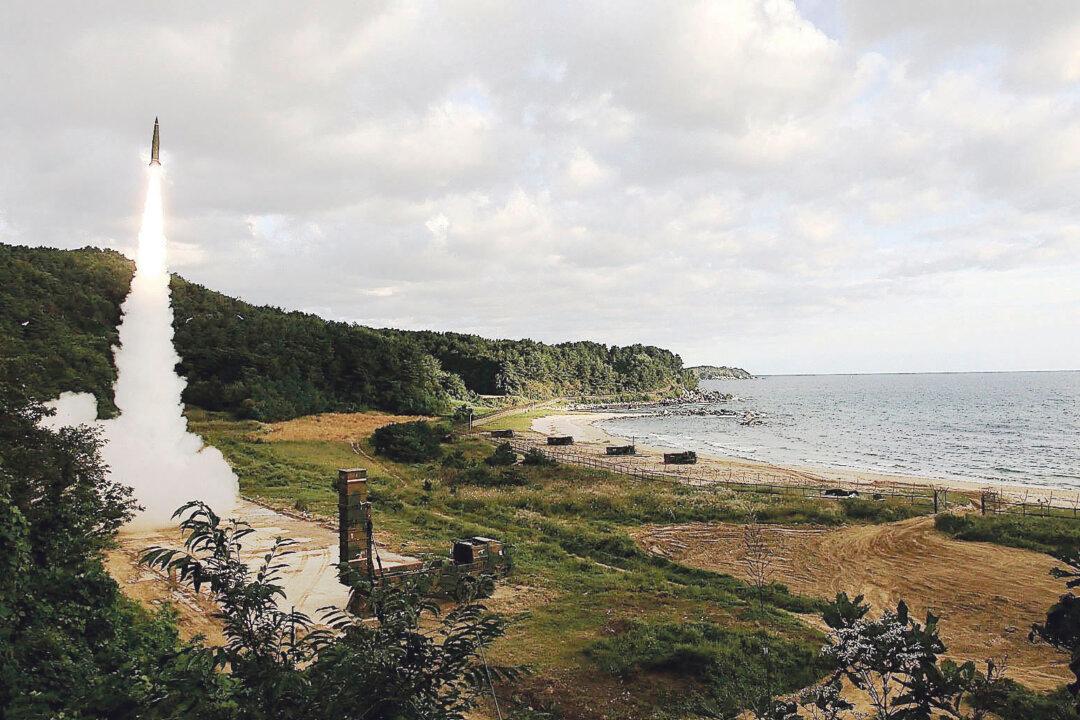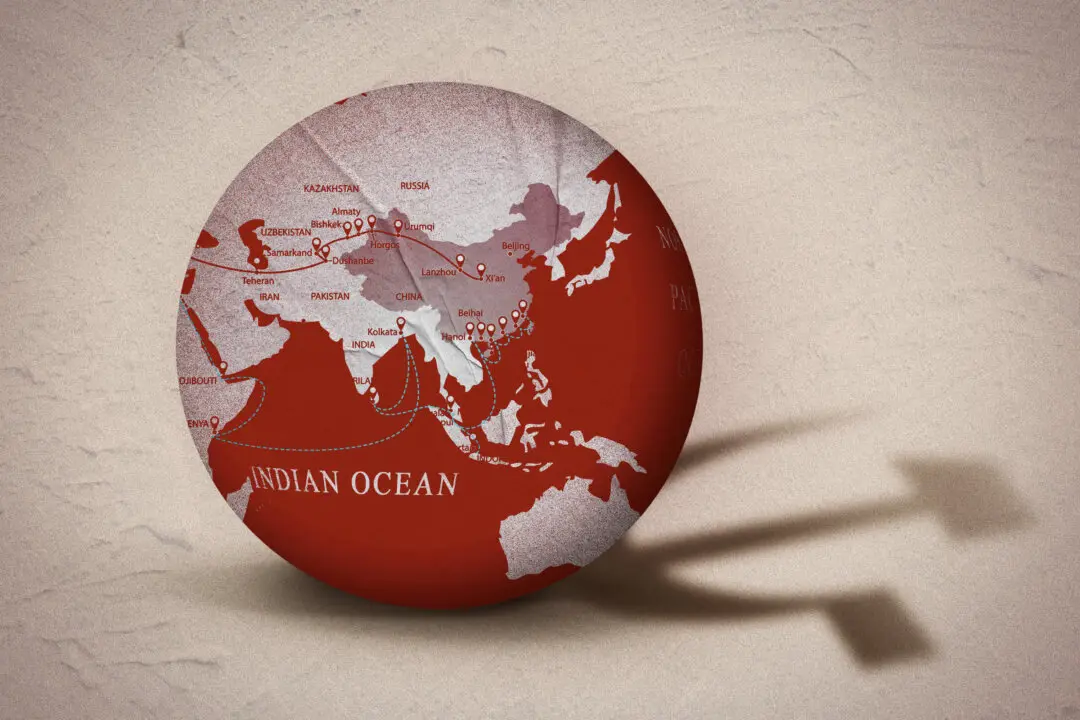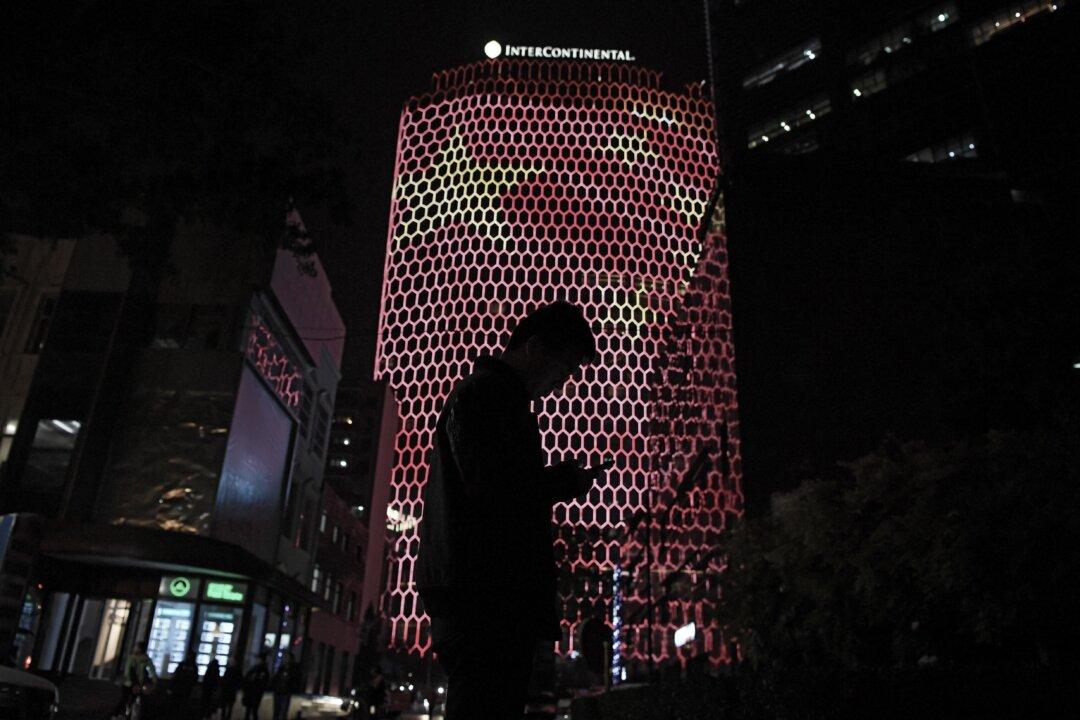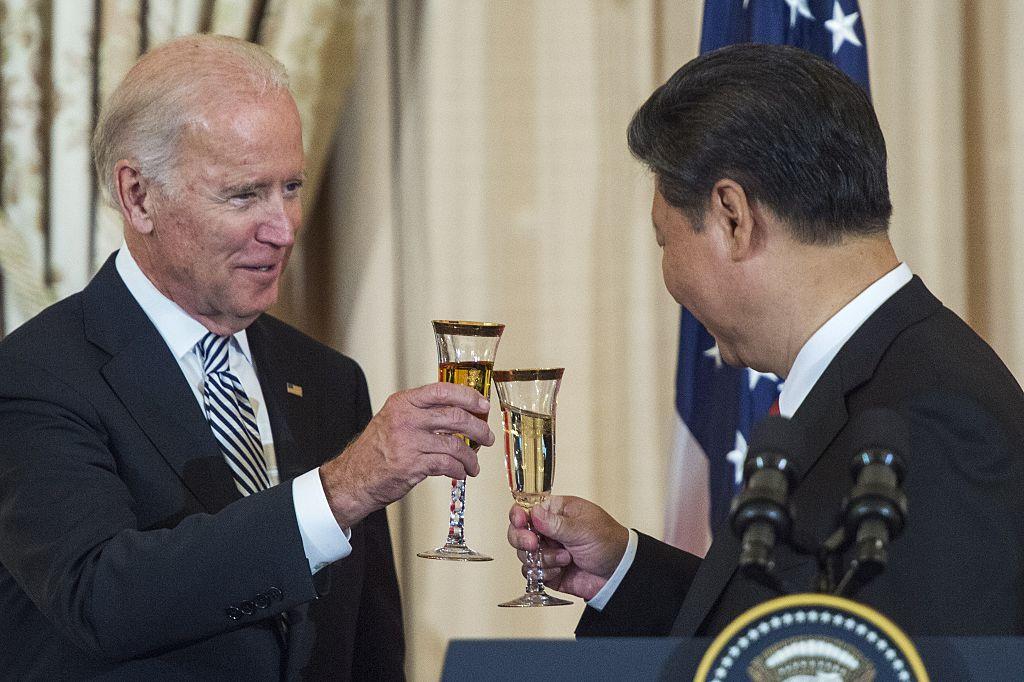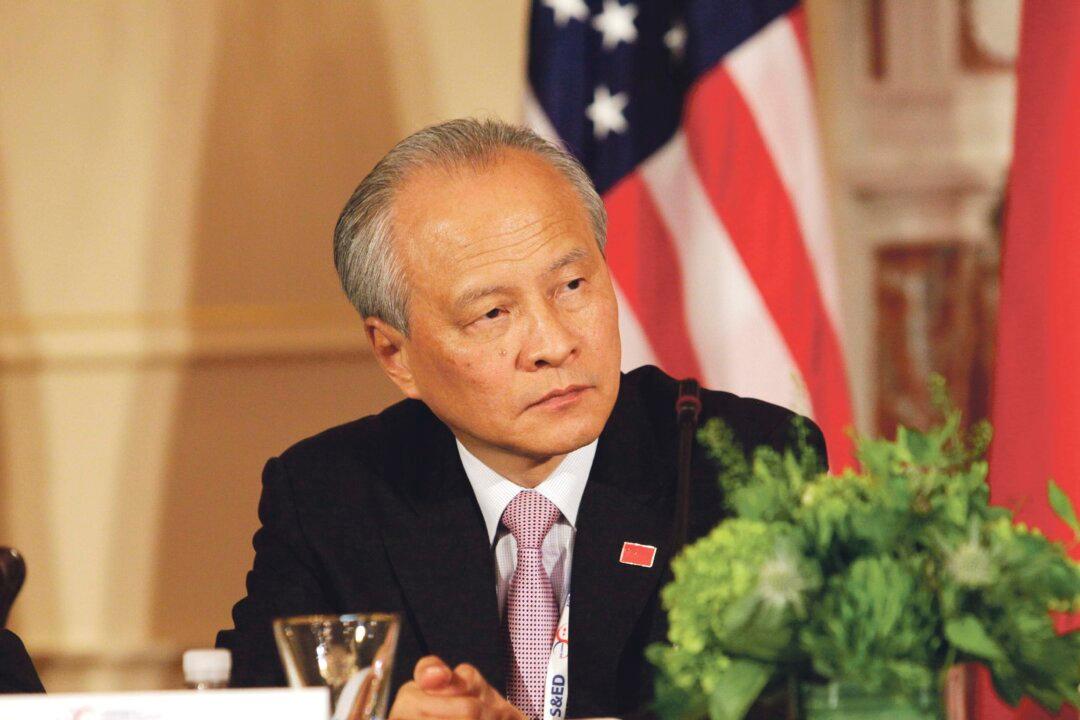Romance of the Three Kingdoms is the famous Chinese classic that very few Chinese nationals do not know by heart, where loyalty and allegiance, trust and betrayal, national strategy and military tactics, and grand wisdom and street smart are played out in vivid details in this 14th century novel. While this historical episode took place in the Han dynasty, nowadays, it’s not only given rebirth in video game series but also in the Korean peninsula as well.
The new three kingdoms I am referring to are China, Korea (South and North), and the United States, and the new romance is much more confrontational, and even nuclear in nature, when these three countries are elbowing each other with even grandeur strategies that may affect the future of humanity.
